Church of England and the slavery reparations row
£100m plan to atone for former links to the slave trade described as 'insufficient' as Church seeks 'co-investors'
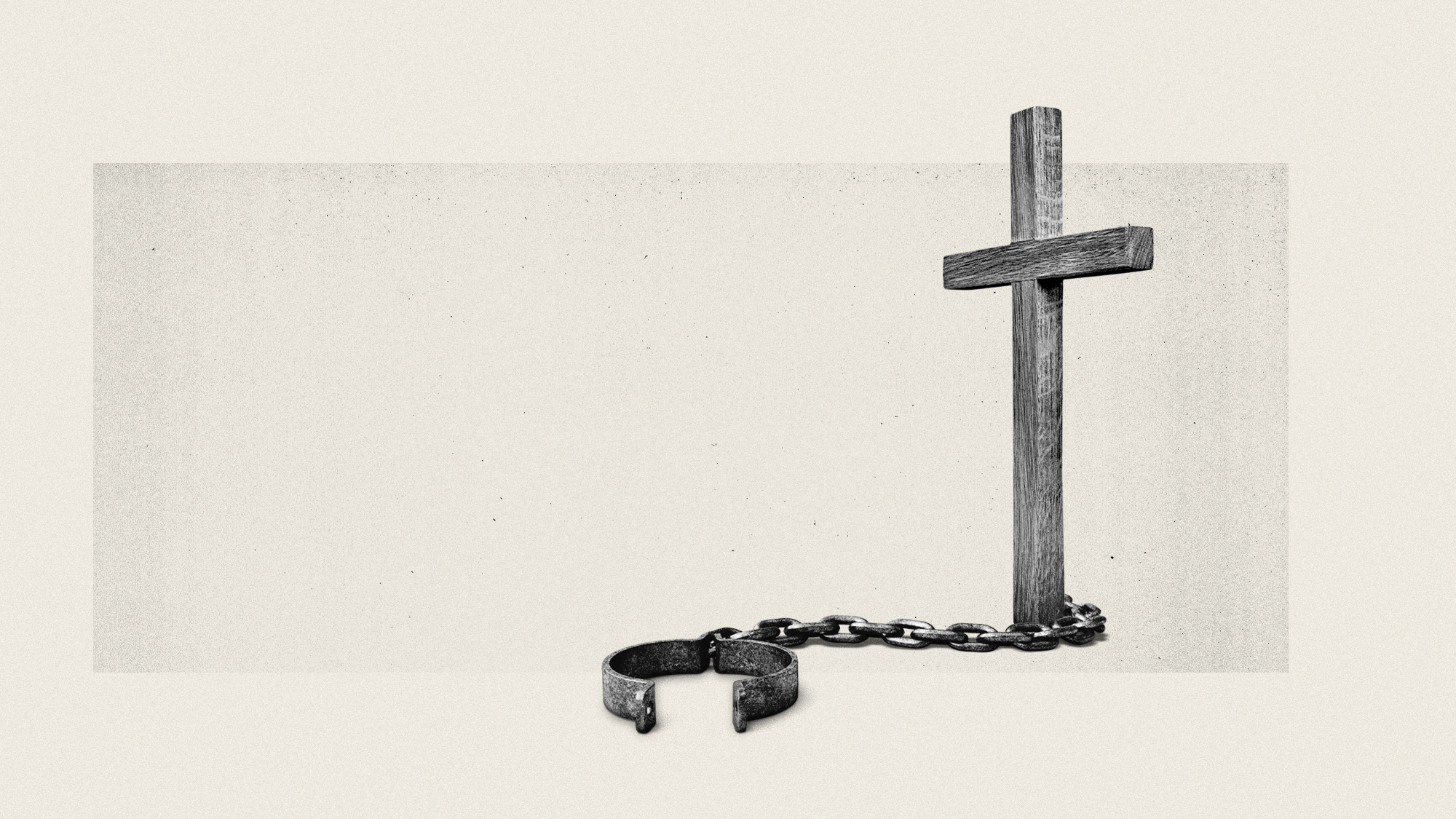
A free daily email with the biggest news stories of the day – and the best features from TheWeek.com
You are now subscribed
Your newsletter sign-up was successful
The Church of England is appealing for other organisations to help it establish a £1 billion fund to address its former connections to slavery.
A £100 million sum was initially pledged by the Church to tackle the issue, but following a review by an independent oversight group, it was viewed as "insufficient", The Guardian reported. Instead, it has been suggested a far greater sum is necessary to properly "reflect the scale of moral sin".
But instead of increasing its investment, the Church hopes to "attract co-investors to increase the fund's value" to "invest globally in black-led businesses".
The Week
Escape your echo chamber. Get the facts behind the news, plus analysis from multiple perspectives.

Sign up for The Week's Free Newsletters
From our morning news briefing to a weekly Good News Newsletter, get the best of The Week delivered directly to your inbox.
From our morning news briefing to a weekly Good News Newsletter, get the best of The Week delivered directly to your inbox.
The original commitment to reparations, supported by the Archbishop of Canterbury, Justin Welby, was made following findings that a "significant chunk" of the Church's £10.3 billion wealth could be traced back to profits made from slavery, said The Times.
'It's not a lot'
Rosemarie Mallett, the Bishop of Croydon, led the review into the church's original fund. Speaking to The Guardian, she said £100 million is "a heck of a lot of money", but "that it is not a lot when you consider the harm done". Mallett accused other UK organisations of "hiding under their petticoats" to avoid "difficult conversations around the word reparations", and the actions they should also take.
A call for reparations is intrinsically linked to faith, said Stephen Cottrell, Archbishop of York, in The Sunday Times. Acknowledging the past "binds up the wounds of those who are hurting" and demonstrates the Church is "serious about justice and serious about the gospel of Jesus Christ".
"What value can be put on a human life?" asked Mike Royal in Premier Christianity last year. Ultimately, £100 million appears to be a "drop in the ocean" to address the horrors of slavery, but "it does attempt to direct compensation in the right direction".
A free daily email with the biggest news stories of the day – and the best features from TheWeek.com
A 'trinity of Diversity, Equity and Inclusion'
But Niall Gooch on UnHerd said it was an "un-Christian" move. When it comes to reparations, "there is a distinct whiff of the Church leaping on board a passing secular bandwagon in the search for relevance and respectability". Christians "ought to be in the business of promoting racial harmony", said Gooch, "not crank theories about how all the problems of society are the fault of a certain group".
Instead of fault, "the Church of England stands close to the top of the heroes' table" when it comes to addressing the horrors of the slave trade, said Daniel Hannan in The Telegraph. William Wilberforce, widely viewed as the main driving force in Britain for the abolition of the "foul business", discussed being motivated by his Anglican faith.
Reparations only show the traditional doctrine of the Church is being abandoned in favour of the "newer trinity of Diversity, Equity and Inclusion".
Rebekah Evans joined The Week as newsletter editor in 2023 and has written on subjects ranging from Ukraine and Afghanistan to fast fashion and "brotox". She started her career at Reach plc, where she cut her teeth on news, before pivoting into personal finance at the height of the pandemic and cost-of-living crisis. Social affairs is another of her passions, and she has interviewed people from across the world and from all walks of life. Rebekah completed an NCTJ with the Press Association and has written for publications including The Guardian, The Week magazine, the Press Association and local newspapers.
-
 Switzerland could vote to cap its population
Switzerland could vote to cap its populationUnder the Radar Swiss People’s Party proposes referendum on radical anti-immigration measure to limit residents to 10 million
-
 Political cartoons for February 15
Political cartoons for February 15Cartoons Sunday's political cartoons include political ventriloquism, Europe in the middle, and more
-
 The broken water companies failing England and Wales
The broken water companies failing England and WalesExplainer With rising bills, deteriorating river health and a lack of investment, regulators face an uphill battle to stabilise the industry
-
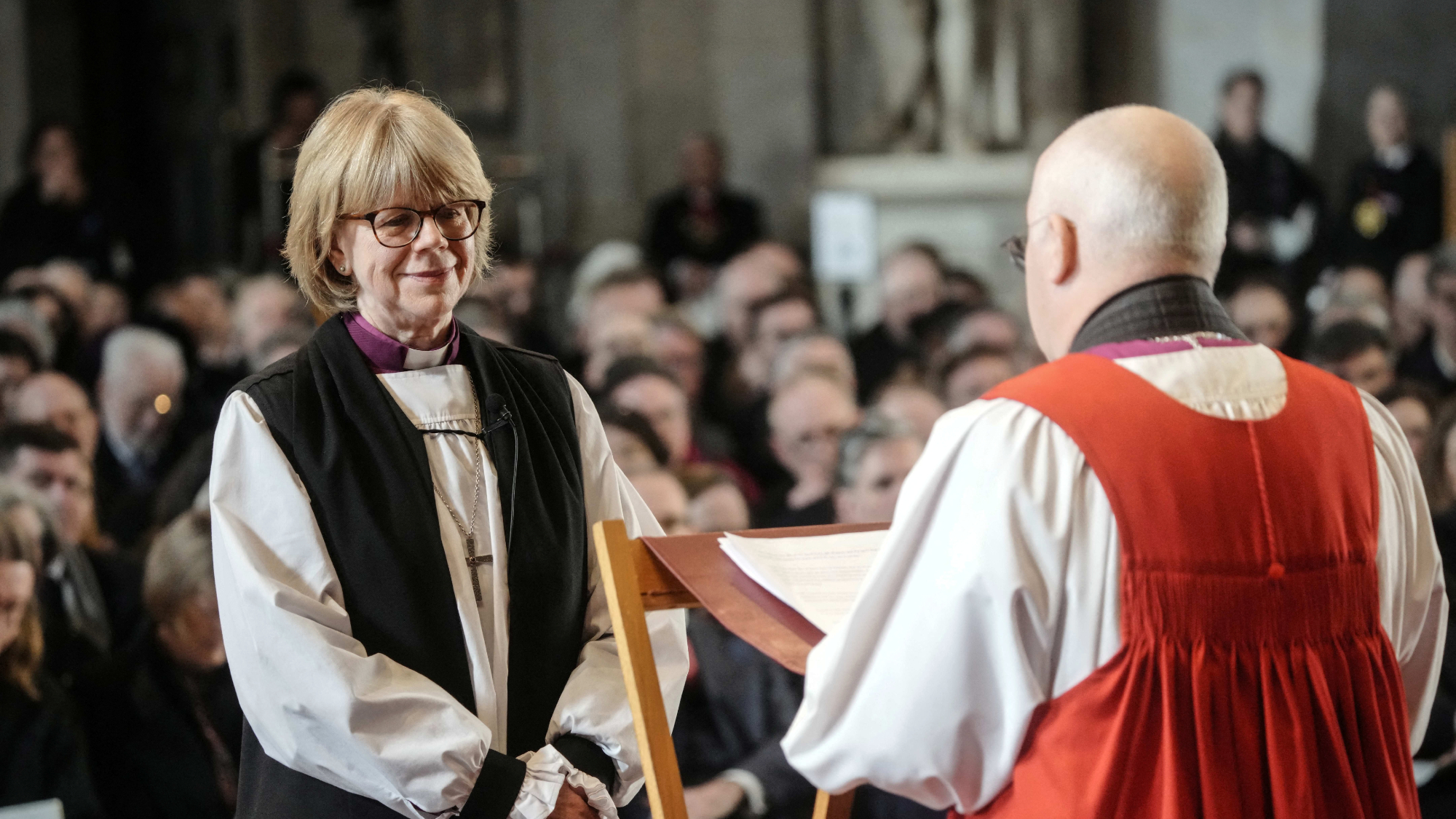 Church of England instates first woman leader
Church of England instates first woman leaderSpeed Read Sarah Mullally became the 106th Archbishop of Canterbury
-
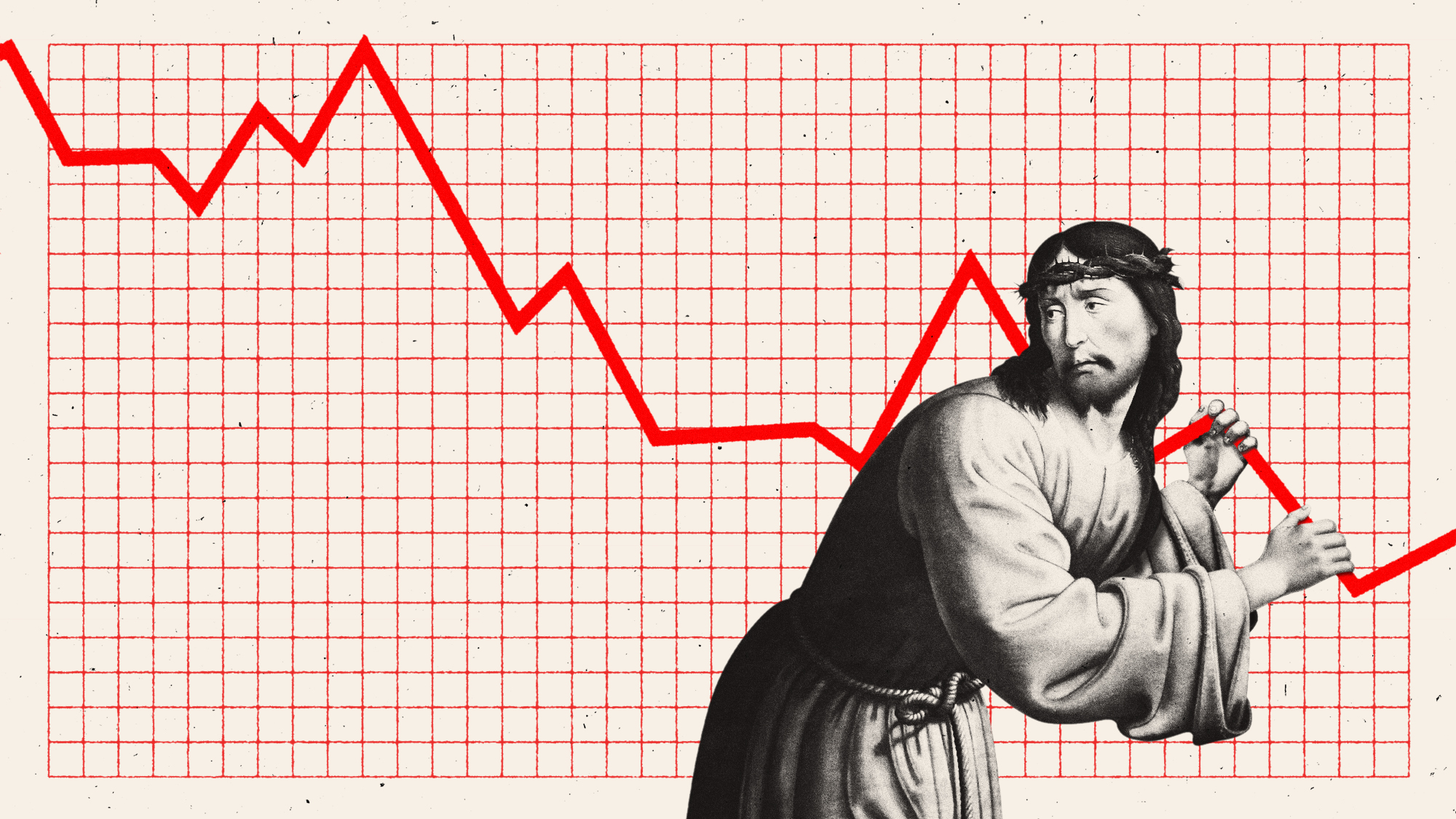 The UK’s supposed Christian revival
The UK’s supposed Christian revivalThe Explainer Research has shown that claims of increased church attendance, particularly among young people, ‘may be misleading’
-
 The young converts leading Catholicism's UK comeback
The young converts leading Catholicism's UK comebackIn the Spotlight Gen Z and younger millennials drawn to 'clarity and certainty' in an age of 'perma-conflict'
-
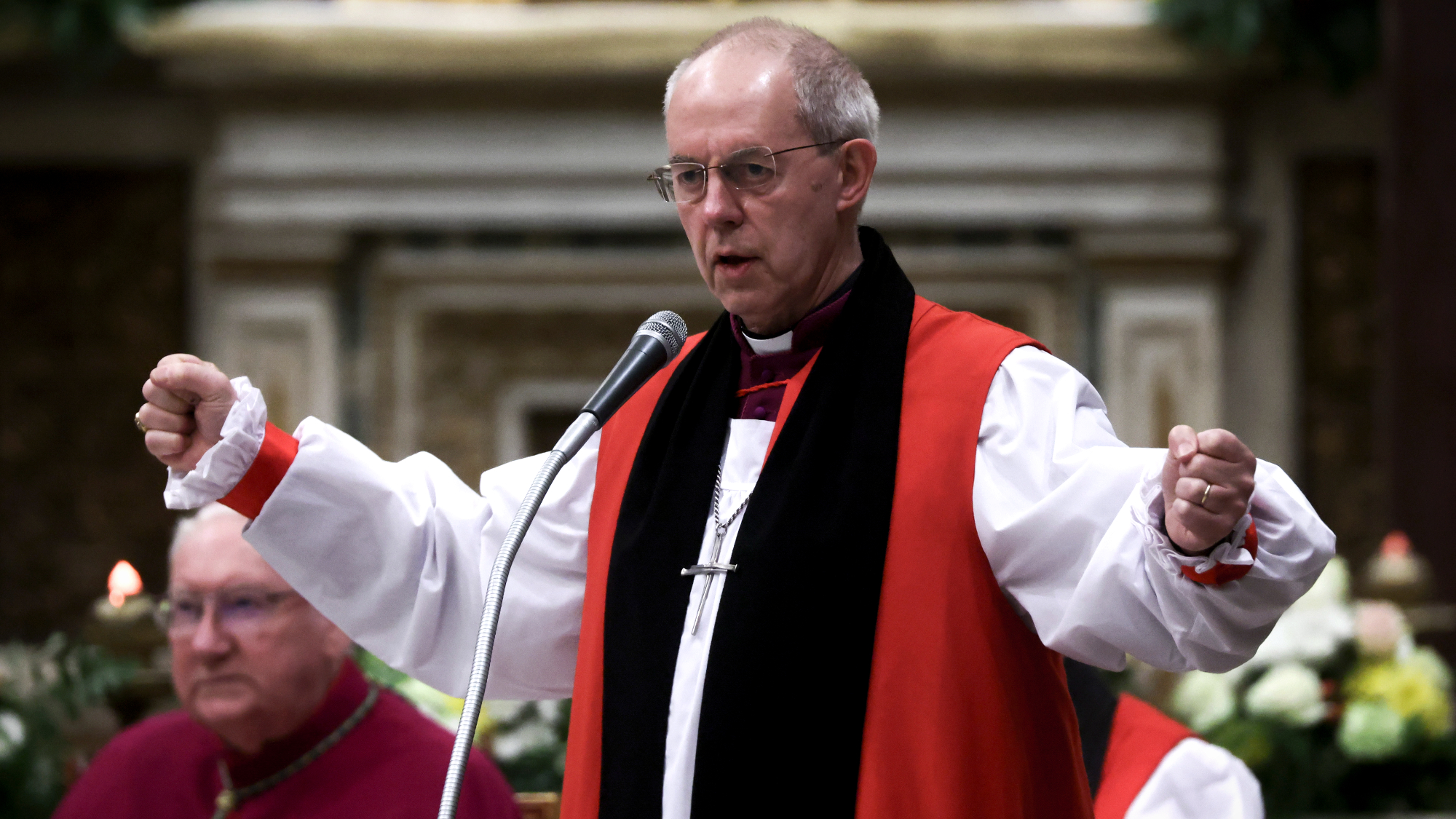 Church of England head resigns over abuse scandal
Church of England head resigns over abuse scandalSpeed Read Archbishop of Canterbury Justin Welby faced backlash over his handling of a notorious child abuser
-
 Why Justin Welby has stepped down as Archbishop of Canterbury
Why Justin Welby has stepped down as Archbishop of CanterburyIn the Spotlight 'Lack of curiosity' over claims of abuse of dozens of boys by Christian camp leader had made Welby's position untenable
-
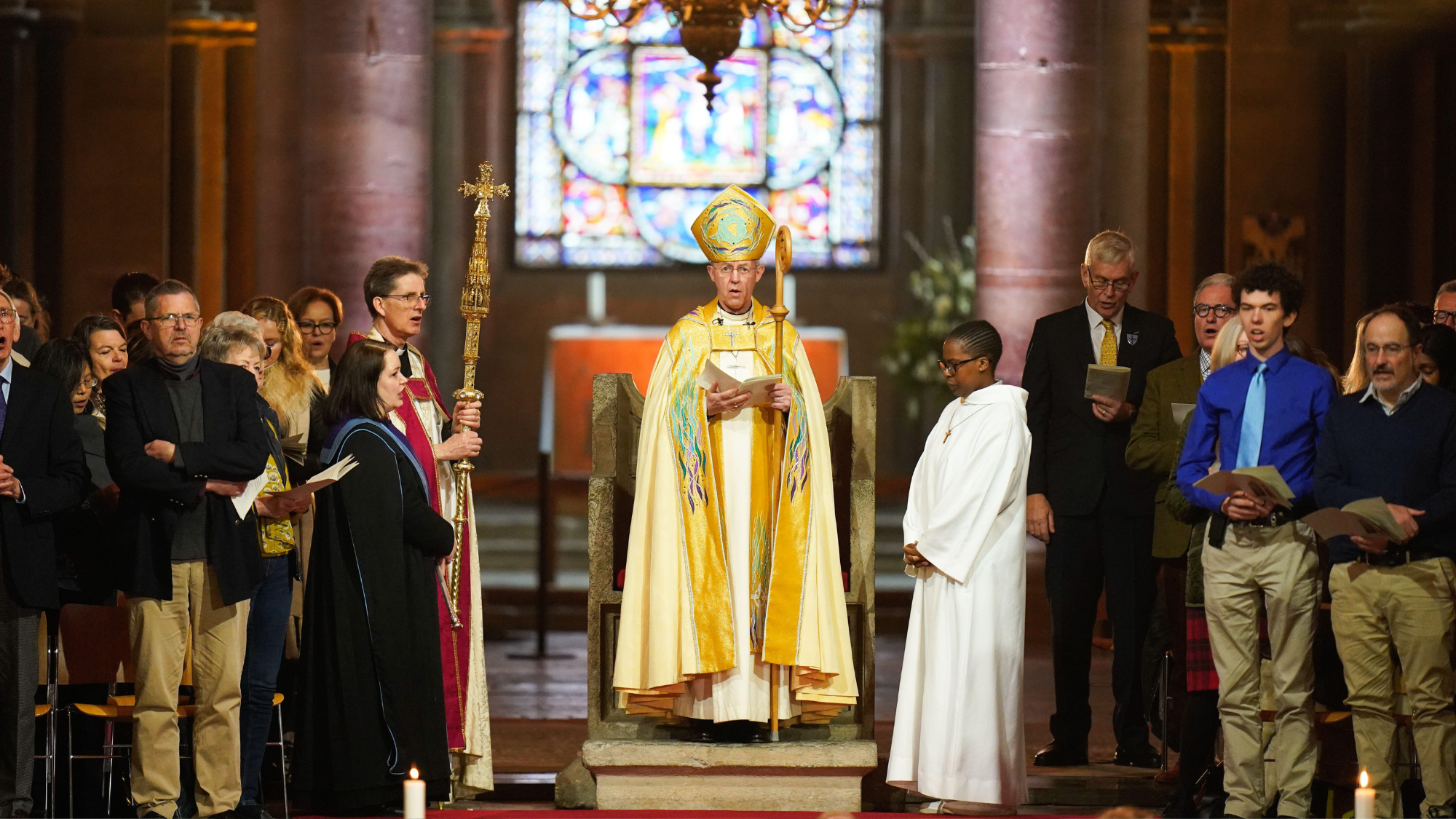 The Church of England's legacy of slavery
The Church of England's legacy of slaveryThe Explainer Should the CofE offer financial redress for its involvement in the transatlantic slave trade?
-
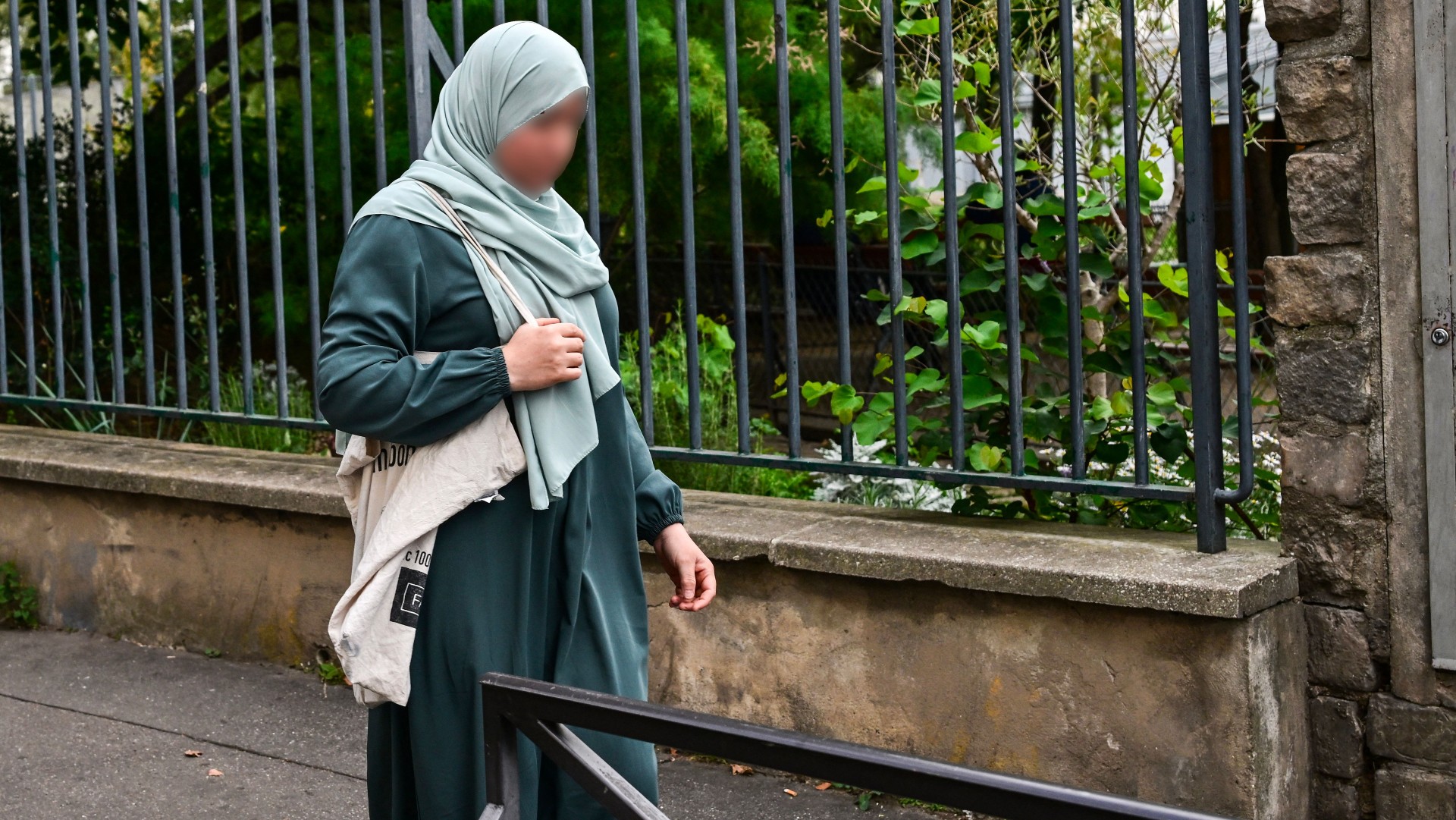 France’s abaya robe ban in schools: overreach from the state?
France’s abaya robe ban in schools: overreach from the state?Talking Point A move denounced by Muslim leaders, but welcomed by the far right, and head teachers
-
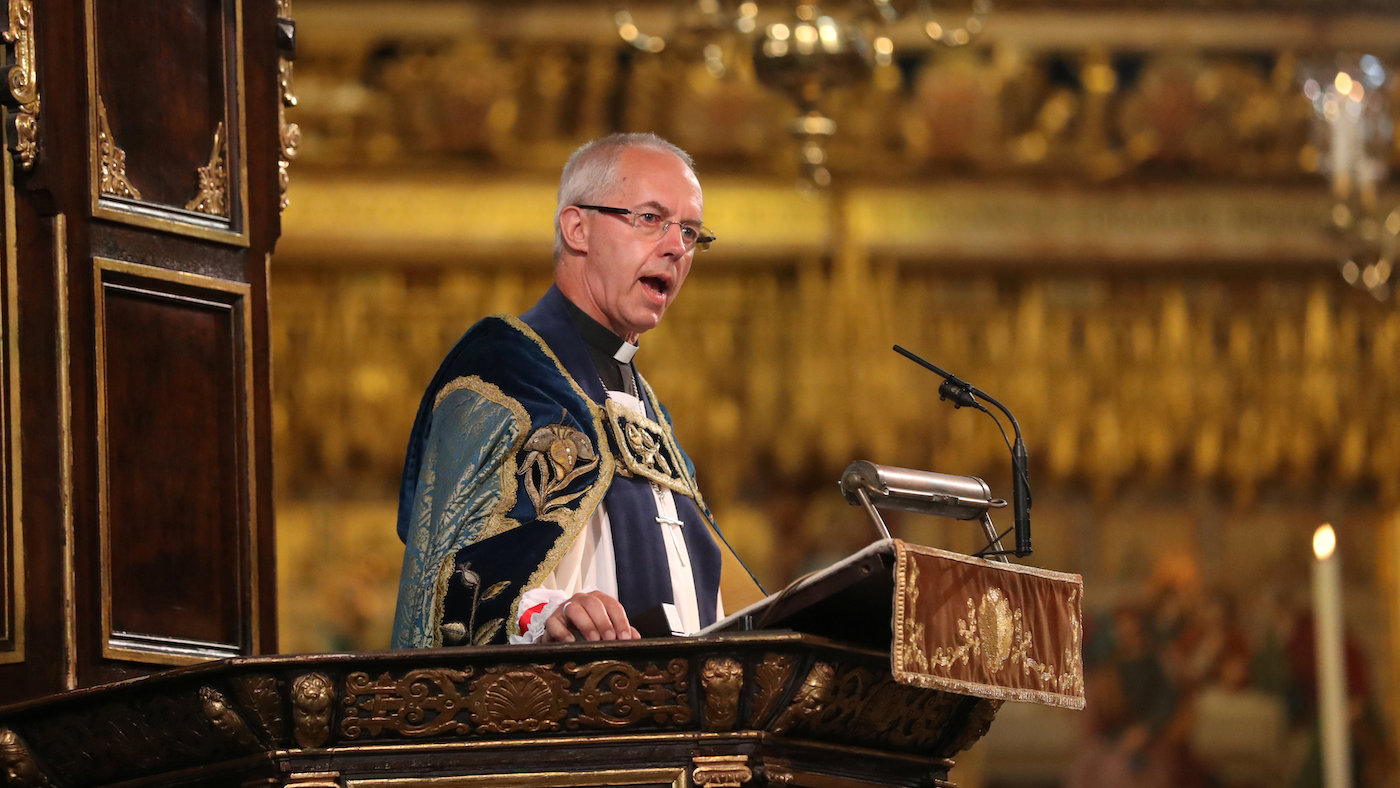 Is God a man? Priests push for gender-neutral pronouns
Is God a man? Priests push for gender-neutral pronounsSpeed Read A new project has been launched to explore a potential use of non-gendered terms in the Church of England